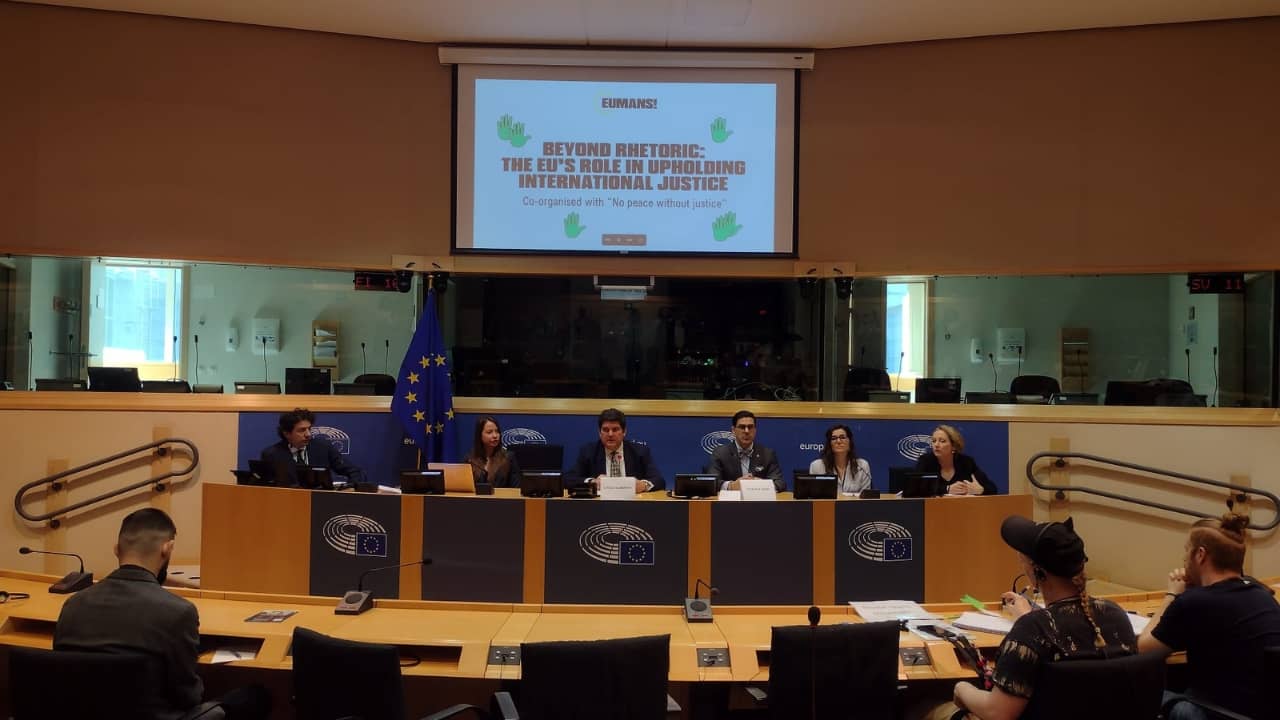On 10 September 2020, PGA co-hosted a Panel Discussion on “Existing Legal Limits to Security Council Veto Power in the Face of Atrocity Crimes”, title of the new book of Professor Jennifer Trahan (New York University - NYU). The event was co-sponsored by the Permanent Missions to the United Nations (UN) of Costa Rica, The Netherlands, and Sierra Leone.
The distinguished panel was composed of:
- Professor Jennifer Trahan, NYU Center for Global Affairs & Director of the Concentration in International Law and Human Rights
- Ambassador Hans Corell, former Under-Secretary General for legal affairs and legal counsel at the UN
- Professor Roger Clark, Board of Governors Professor of Law at Rutgers University
The discussions were moderated by Adjunct Professor Andras Vamos-Goldman, NYU Center for Global Affairs, and former executive director of Justice Rapid Response.
Increasing consensus holds that democracy is in decline. Elements of backsliding include the progressive erosion of democratic principles, such as separation of powers, checks and balances, and the independence of the judiciary. The perpetuation of disinformation and repression of vulnerable populations is on the rise even in liberal democracies, while it continues to be “the norm” in authoritarian regimes and dictatorships. Atrocities against the civilian population are perpetrated by those in power (e.g. State officials) and by those who want to acquire power (e.g. rebels and violent extremists) in the context of widespread repressions, bloody civil wars and international armed conflicts.
In the context of the novel coronavirus pandemic, the flaws of domestic and international systems were revealed once again. We live in a globalized world in which multilateralism and international cooperation are fundamental tools to tackle global issues in a concerted and efficient way, as no country alone may solve global problems that are demanding global solutions. One of the optimal fora for states to dialogue, negotiate and agree to act is the United Nations. In the face of mass atrocity crimes that are threatening international peace and security, the international community can no longer afford to fail the victims of such crimes because of the veto power of the Permanent members of the Security Council.
In her opening remarks, PGA Board Member Hon. Amina Maelainine (Morocco) emphasized the essential role of parliamentarians in upholding the international and domestic rule of law:
Although the veto power is exercised by the Executive branch, parliamentarians have significant prerogatives to not only legislate, but also control the actions of the Executive branch, especially in countries that sit on the Security Council. Parliamentarians are the bridge between the Executive branch and constituencies. They can raise awareness on issues stemming from the unrestrained use of the veto.To read the full statement of Hon. Maelainine, click here.




